Mostrar el registro sencillo del ítem
Our Voice
| dc.provenance | El documento original impreso/digital se encuentra en resguardo del Centro de Investigaciones sobre América del Norte de la Universidad Nacional Autónoma de México. Proyecto CISAN, Memoria Institucional | |
| dc.rights.license | https://ru.micisan.unam.mx/normatividad/TerminosLibreUso_MiCISAN.pdf | |
| dc.creator | Velasco Montante, Astrid | |
| dc.date.accessioned | 2025-05-03T00:56:01Z | |
| dc.date.available | 2025-05-03T00:56:01Z | |
| dc.date.issued | 2021 | |
| dc.identifier.issn | 0186-9418 | |
| dc.identifier.uri | https://ru.micisan.unam.mx/handle/123456789/1401 | |
| dc.format | application/pdf | |
| dc.format.extent | p. 5 | |
| dc.language.iso | eng | |
| dc.publisher | Universidad Nacional Autónoma de México, Centro de Investigaciones sobre América del Norte | |
| dc.relation.isformatof | ||
| dc.relation.requires | Adobe Acrobat | |
| dc.title | Our Voice | |
| dc.rights.holder | Universidad Nacional Autónoma de México, Centro de Investigaciones sobre América del Norte | |
| dc.audience | Estudiantes | |
| dc.audience | Maestros | |
| dc.audience | Investigadores | |
| dc.audience | Otros públicos | |
| dc.audience | Medios de comunicación | |
| dc.coverage.placeofpublication | México | |
| dc.description.extract | Women’s struggle for equality is not new: in Mexico it dates from the early twentieth century when small groups began to demand participation in political life, among other things. But it is new to think about it as the exercise of equity in all spheres, as many women demonstrate without having previously been involved in political activism or having had a prior feminist consciousness, since they, like all of us, experience harassment —the #MeToo movement showed us just how widespread and generalized it is— and, especially, daily violence. In this decade in Mexico, the numbers of women murdered and forcibly disappeared have reached historic, alarming heights; so has violence outside the home and inside the family, while the state has not taken actions to guarantee protection and equity for us. As a matter of fact, many military and police forces participate in kidnappings and murder. This situation has had the effect that most of today’s feminisms are anti-system and many have chosen to violently protest to attempt to move society and the authorities who dodge the problema (p. 5). | |
| dc.educationlevel | Medio superior | |
| dc.educationlevel | Superior | |
| dc.educationlevel | Posgrado | |
| dc.identifier.bibliographiccitation | Velasco Montante, Astrid, “Our Voice”, Voices of Mexico, Universidad Nacional Autónoma de México, Centro de Investigaciones sobre América del Norte, 2021, no. 115, (winter): 5. | |
| dc.identifier.cisan | VOM_2021_0115_0005 | |
| dc.identifier.orcid | https://orcid.org/0000-0002-0694-6716 | |
| dc.relation.issue | 115 | |
| dc.subject.unam | Humanidades y Ciencias de la Conducta | |
| dc.type.spa | Contribution to periodical | |
| dc.view.accesslevel | openAccess | |
| dc.type.coar | http://purl.org/coar/resource_type/c_6501 | |
| dc.relation.hasPart | Voices of Mexico |
Ficheros en el ítem
Este ítem aparece en la(s) siguiente(s) colección(ones)
-
Artículos [3103]
MiCISAN, Repositorio Institucional
Hecho en México, todos los derechos reservados 2018. Esta página puede ser reproducida con fines no lucrativos, siempre y cuando no se mutile, se cite la fuente completa y su dirección electrónica. De otra forma, requiere permiso previo por escrito de la institución.
Sitio Web administrado por: Centro de Investigaciones sobre América del Norte • micisan@unam.mx







